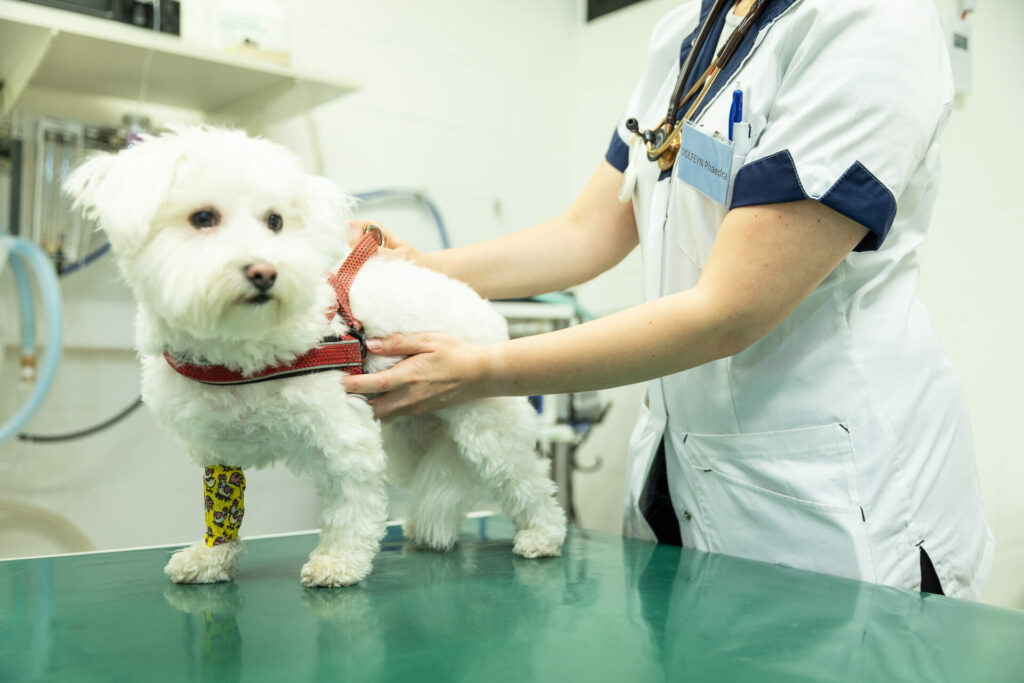After just three years in the profession, 40% of young vets throw in the towel, Het Belang van Antwerpen reports. Veterinarians cite long hours, burnout, and rude clients as their motivation for quitting.
Such a high turnover of staff is bad for the sector, which now sounding the alarm. With a rapidly ageing workforce, the veterinary profession must be able to find new staff, and importantly, keep them in the position.
"We do our job with so much motivation, but are frustrated that we are not appreciated," said one employee in the sector.
In a study conducted by the Professional Veterinary Union (UPV), 66% of more than 500 young vets say that they no longer have faith in the future of their profession. Respondents commonly cited high workflow, insufficient pay, and problems with senior colleagues as the biggest reason for their desire to quit.
"I graduated four years ago and have already banged my head against the wall many times. At my first workplace, in the cattle sector, I was exploited by my bosses," said vet Elena. "The first months I was not paid, under the guise of 'getting to know customers'. Afterwards, I was paid, but very little."
Many vets say that their employers force them to act as fake freelancers, which shifts the tax burden onto the employee, not the company.
Related News
- 14-year-old dog travels 163 kilometres in one night to find owners
- Vets offer advice as cases of poisoned pets continue to rise in Belgium
In Flanders alone, there are 3,600 vets active in the sector; nearly a fifth (800) of them plan to retire within the next few years. The uptake of new vets is throttled to 240 each year by new entrance exams for students. Those who do pass the exam are increasingly giving up on their dream vocation to pursue other fields or go back to academia.
The Order of Veterinarians, which supervises the sector, says that it is aware of the issue. "The dropout rate is high and there is a huge drain. In the past, these figures were quite different, as people usually switched to a quieter branch within the profession after 20 years of service, but remained as veterinarians," said Theo Borgers, chairperson of the Order.
The Order now says that it organises regular meetings to attempt to reconcile both junior and senior vets, who are at loggerheads with each other.
Universities are also attempting to shift their focus onto teaching about the professional experience of being a vet, to avoid young graduates from being disappointed when they enter the profession. New guidelines on on-call duties will also soon give vets more flexibility, helping to prevent burnout.

